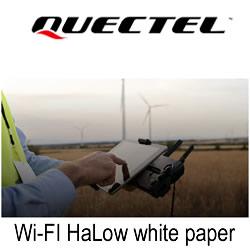SenseGrass Joins Iowa AgriTech Accelerator
SenseGrass announced the selection and investment from the Iowa AgriTech Accelerator, a Des Moines based accelerator is a mentor-led program that focuses on ag-based technology innovations. Through this partnership, SenseGrass will strengthen its connections with selected startups, enabling the company to accelerate its innovation capabilities for future smart farming technologies and solutions to work towards the improvements of the farms.
SenseGrass offers 360 farming solutions based on cutting edge technology like Nano-Satellite Mapping, Rover Bots, and AI agronomist accessible on mobile & web application that makes farming super-efficient & easy. SenseGrass is the world's first smart farming solution for fertilizer management and to detect crop disease to increase crop yield with water control tools.
Headquartered in Iowa, launched in 2016 by the Greater Des Moines Partnership and the Cultivation Corridor, the Iowa AgriTech Accelerator allows startups to collaborate with agriculture industry leaders and present their solutions to refine product-market fit, perform customer discovery within the industry, and build strategic partnerships.
Through the Acceleration Program, starts on July 8 and concludes on Oct. 16- SenseGrass and the other three startups (N-Sense, Digital Spring, Curiosity Labs) participating in the program will receive seed funding from investors like Corteva, Jhon deere, Kent, DuPont, Farmers Mutual with follow up funding in future, mentoring, field trips to investor and mentor companies, outreach, networking, and multiple presentation opportunities.
The team behind SenseGrass said, "We are excited to be part of such high-value mentor-driven acceleration program which is aligned with our goals for North American market & receiving smart capital in our domain and expand operation in Iowa and midwest"
Featured Product

